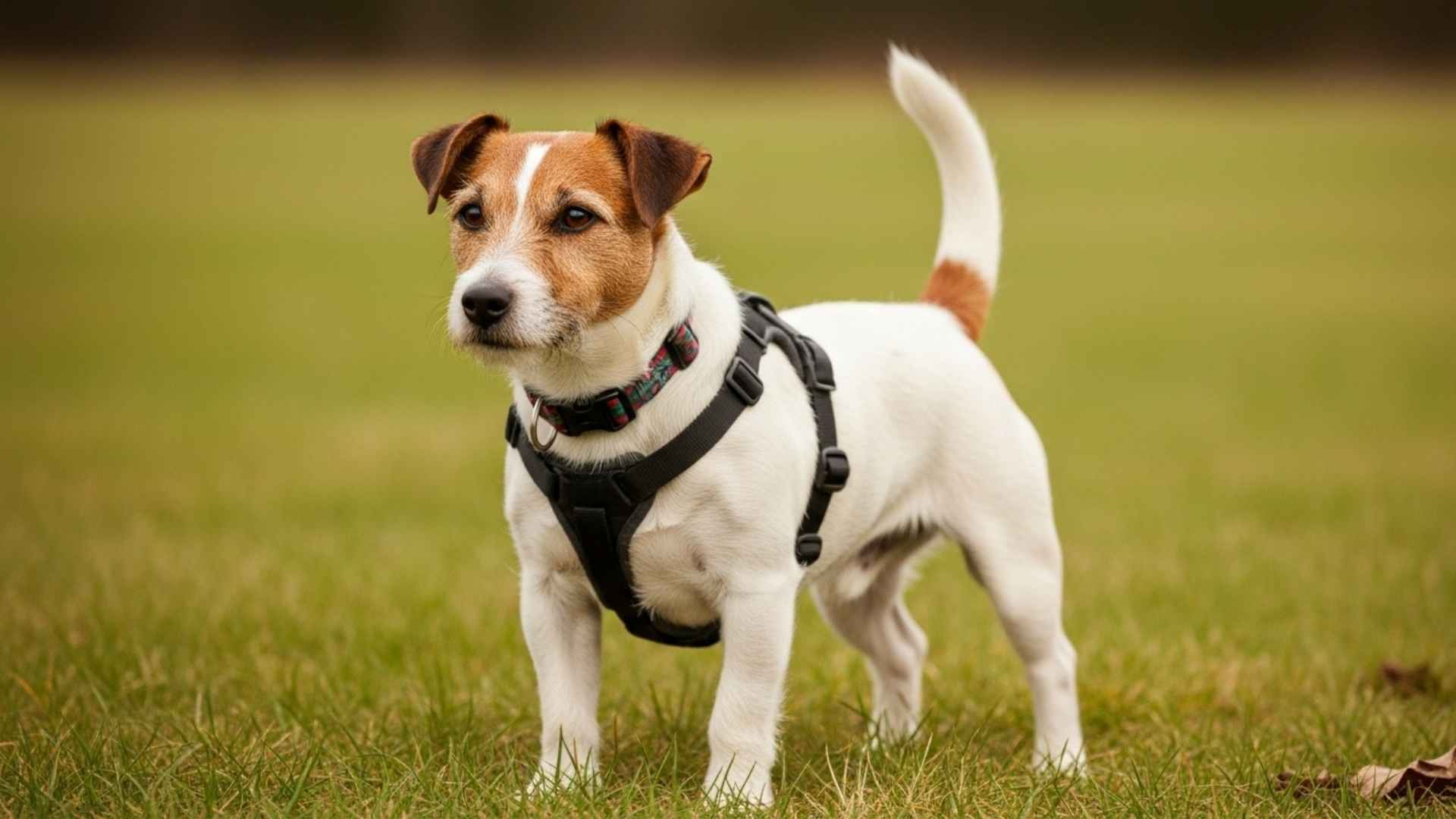Did you know that small hunting dogs can detect scents up to 100,000 times better than humans? According to the American Kennel Club (AKC), their incredible olfactory power makes them some of the most effective trackers in the animal kingdom. It’s no wonder these compact canines have been human hunting partners for centuries!
From thick forests to open fields, these dogs don’t just chase — they strategize, sniff, and stalk like seasoned pros. Their size might fool you, but their instincts are razor-sharp.
Small hunting breeds combine agility with endless energy, giving them a serious advantage when pursuing quick, elusive prey.
Whether it’s darting through dense brush or alerting their owners with a sharp bark, these pointer pups were born for the hunt.
In this guide, we’ll uncover the top dogs for small game hunting — seven fearless breeds built for speed, smarts, and the ultimate chase.
Dog Breeds Perfect For Small Game Hunting
1. Beagle
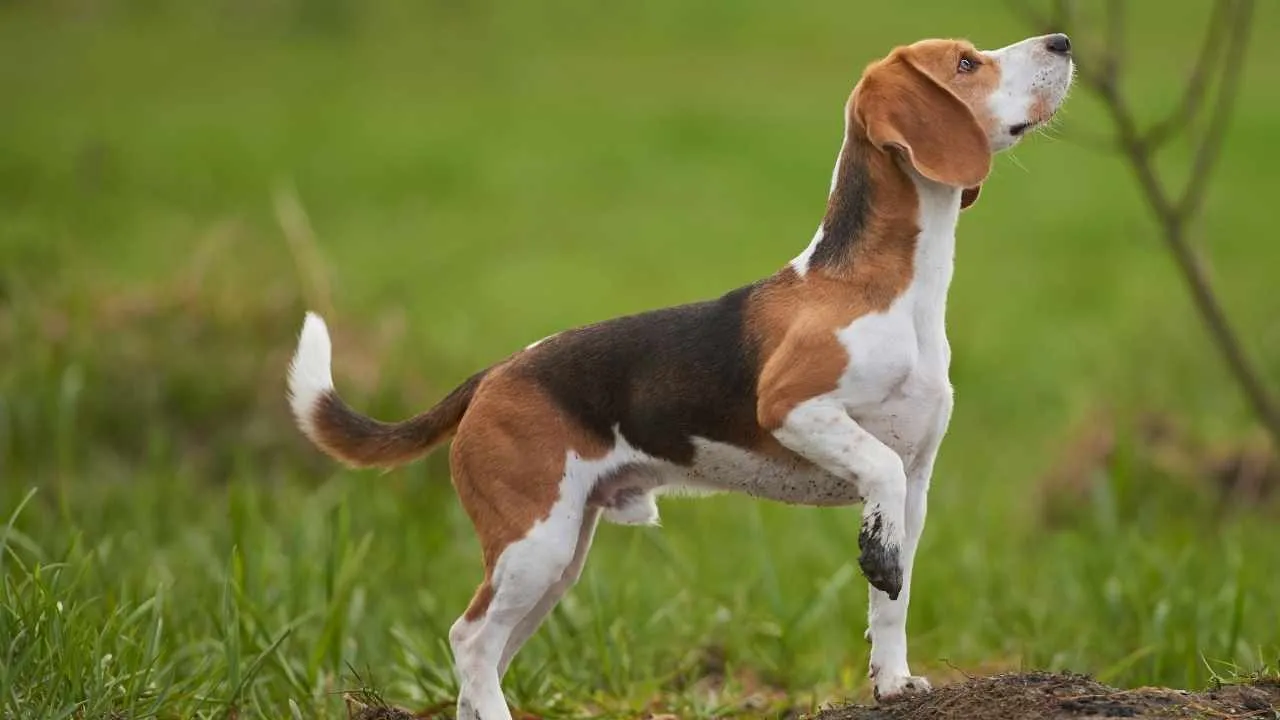
Originally bred in England as expert rabbit trackers, the Beagle has earned its fame as a scenting superstar.
This merry hound, known for its “singing” bay, carries one of the strongest noses in the canine world. Compact, loyal, and endlessly curious, it’s the quintessential small-game hunting companion.
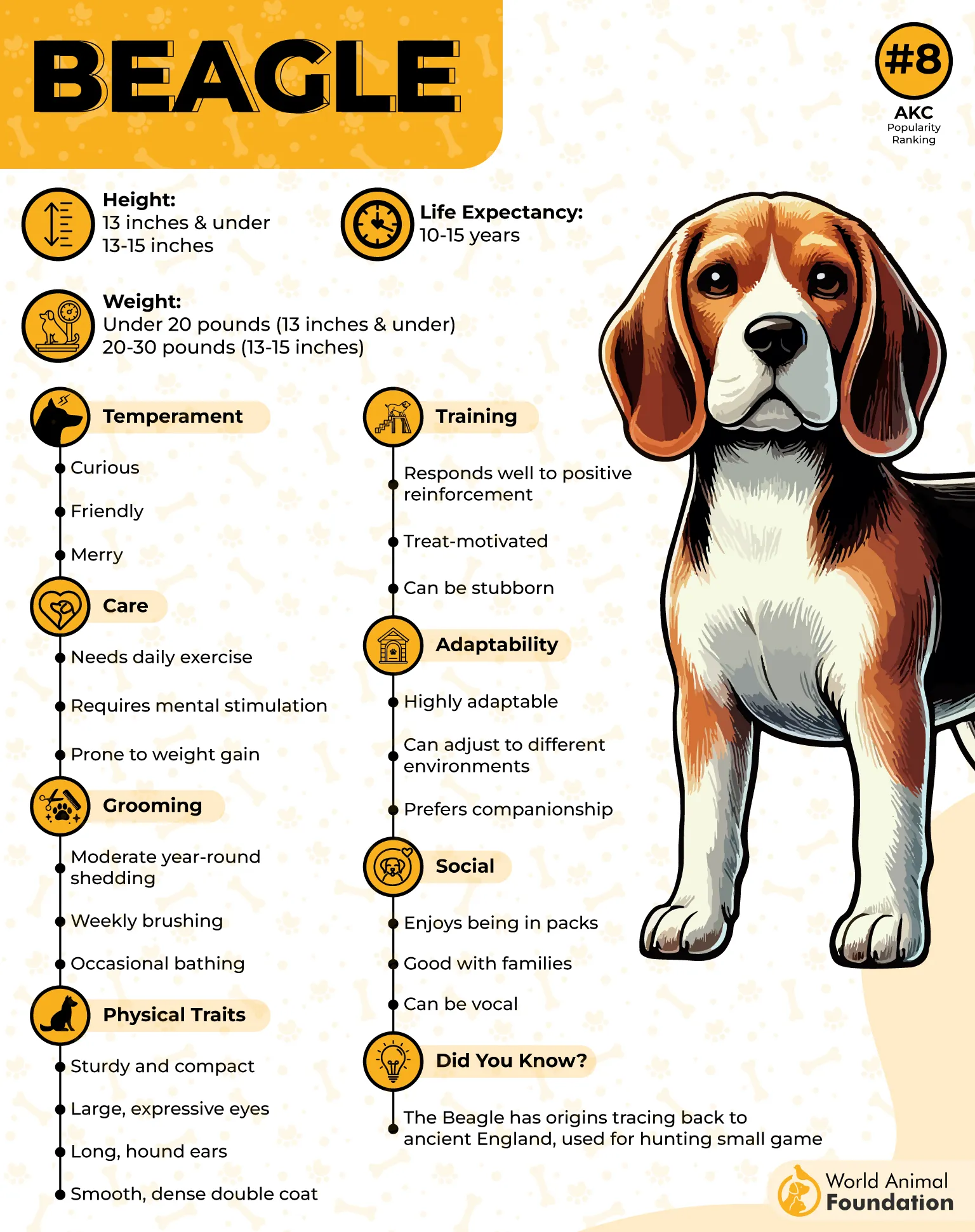
Friendly yet focused, Beagles balance playfulness with persistence. They adore company and work best in packs, both human and canine. That sociable streak makes them as lovable on the couch as they are unstoppable in the field.
Hunting Strengths:
Keenest scent receptors among small hunting breeds
Exceptional endurance during long chases
Instinctive teamwork for pack tracking
Loud, clear baying for hunter alerts
PetMD adds that training a Beagle takes patience and positive reinforcement—think scent games, tracking drills, and reward-based motivation. Keep sessions short but stimulating to prevent that curious nose from wandering off.
Best for small game like rabbits and hares, Beagles shine in open fields and wooded terrains. Their natural teamwork and persistence make them every hunter’s melodic partner in the chase.
2. English Springer Spaniel
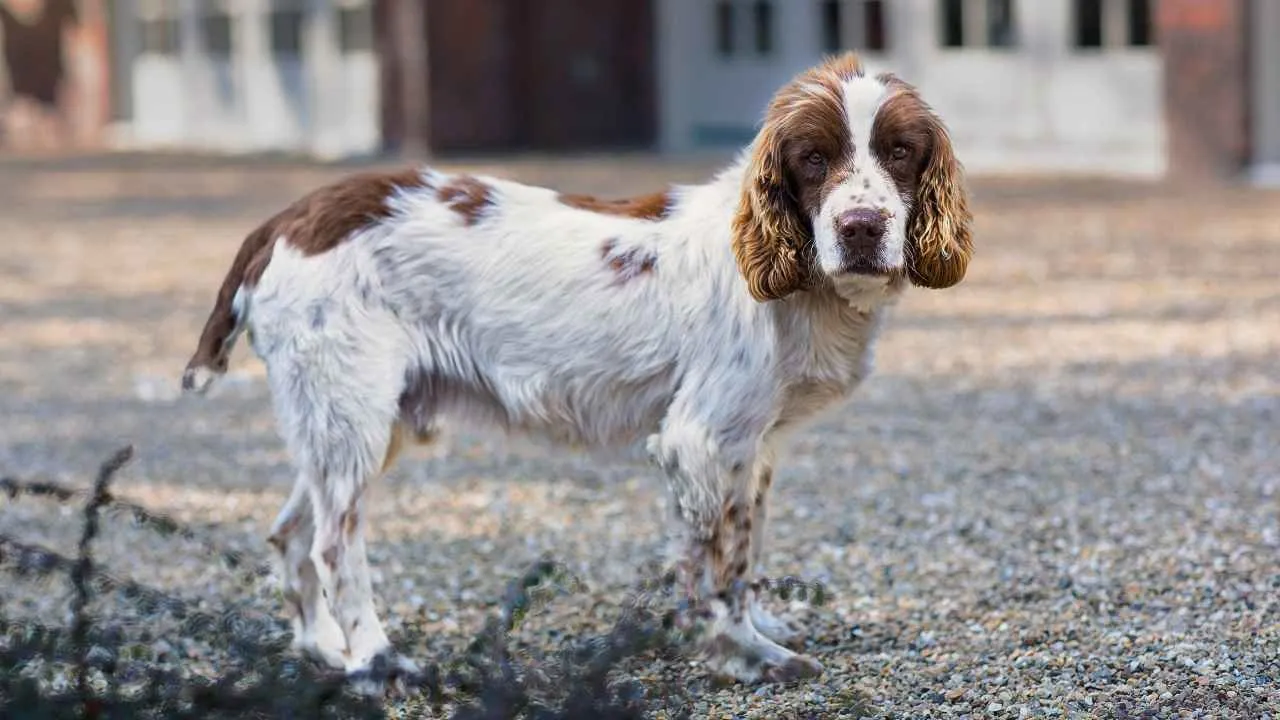
Born in Britain and bred to flush game from dense brush, the English Springer Spaniel earned its name from the way it “springs” birds into flight.
Elegant yet muscular, this breed pairs enthusiasm with precision, becoming a beloved hunting partner for both amateurs and pros. Its legendary versatility makes it one of the top upland game dogs in the world.
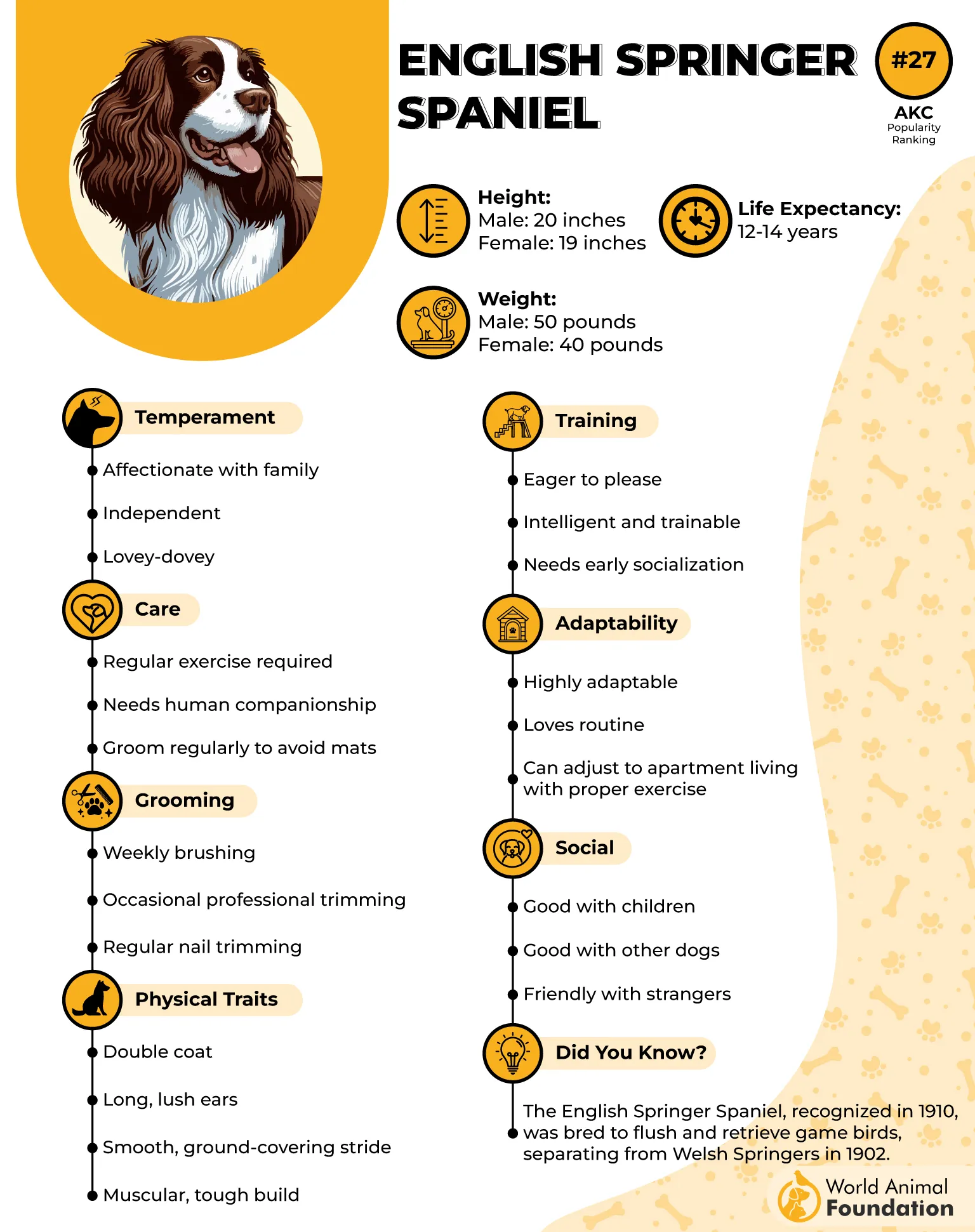
Loyal, gentle, and eager to please, Springers are emotionally intelligent companions. Their natural empathy makes them family favorites while their focus in the field remains unshakable. This mix of warmth and work ethic gives them the best of both worlds.
Hunting Strengths:
Strong flushing and retrieving instincts
Excellent endurance on land and water
Keen nose for upland birds and small game
Remarkable obedience and handler connection
Springers excel with positive, structured training that emphasizes retrieving drills and agility work. They thrive on routine and love learning complex commands, especially when rewarded with praise and playtime.
PDSA claims that, perfect for hunting small game birds like quail and pheasant, the English Springer Spaniel turns every field outing into a ballet of focus, energy, and heart.
3. Brittany Spaniel
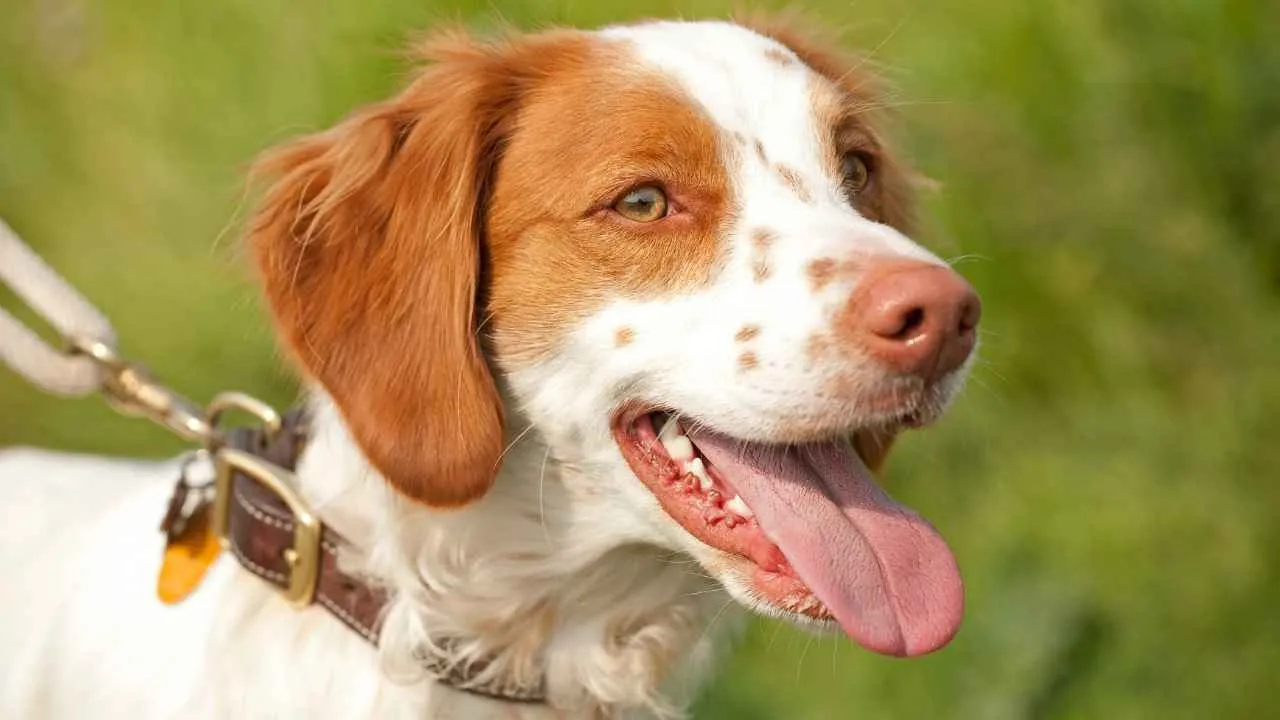
This French-born breed embodies the definition of a “bird dog with bounce.” Originally bred for pointing and retrieving, the Brittany Spaniel (often simply called the Brittany) thrives on athleticism and enthusiasm. It’s the kind of dog that greets a sunrise hunt as if it’s the greatest adventure on Earth.
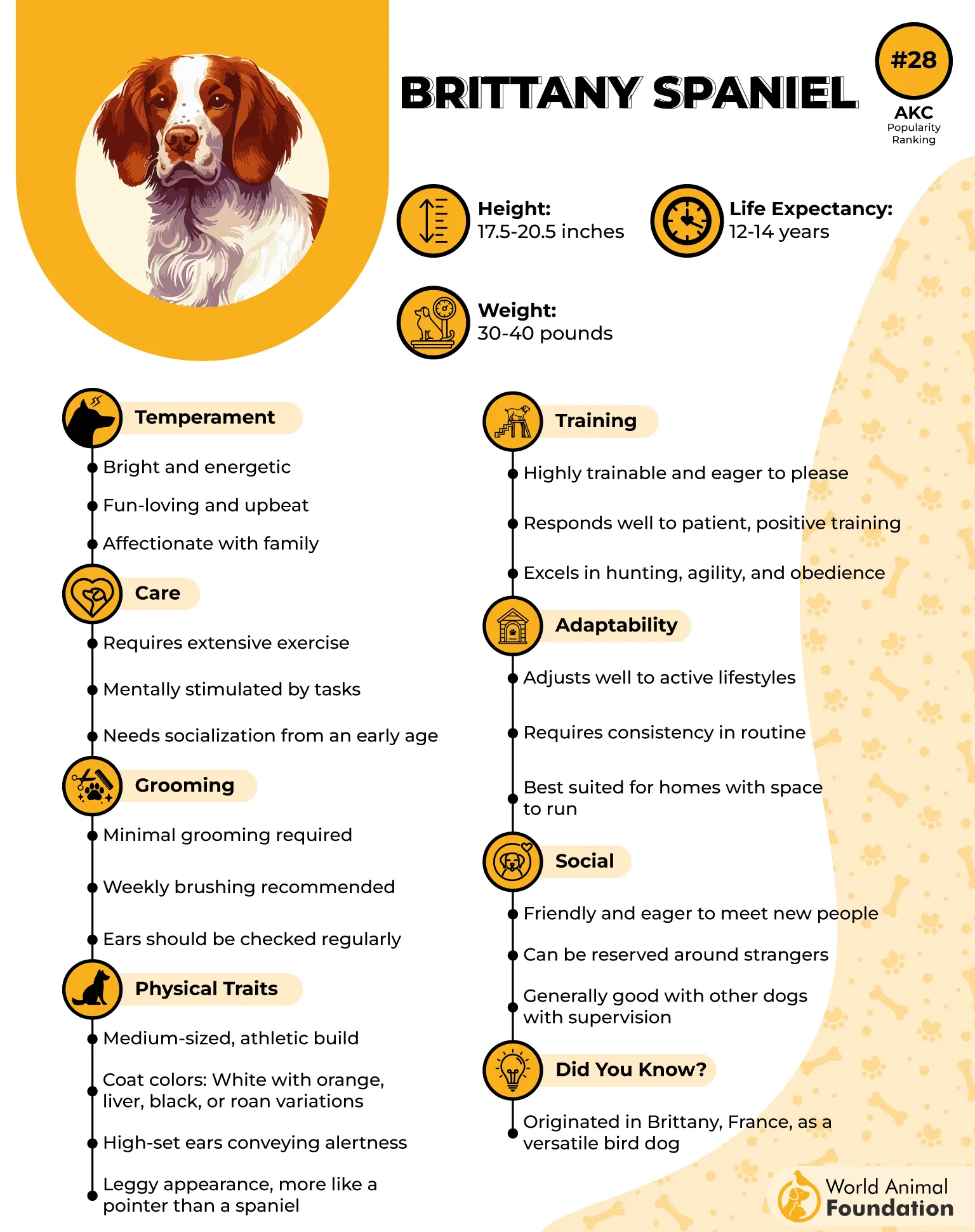
Dynamic and affectionate, Brittanys are the extroverts of the hunting world. They crave both mental challenges and companionship, often reading their owner’s mood like an open field map.
With their enthusiasm comes a touch of mischief, but that spark is exactly what fuels their exceptional hunting performance.
Hunting Strengths:
Lightning-fast reflexes and natural pointing skills
High endurance for long field days
Excellent bird-finding nose
Agile body perfect for mixed terrains
Purina suggests that to train a Brittany, channel its endless energy into structured outdoor tasks. Combine retrieval training with obstacle courses or scent work—it keeps their brain as active as their paws.
Best for small upland birds like quail and grouse, Brittanys are built for hunters who love a lively, fast-paced field partner that never runs out of heart.
4. Cocker Spaniel
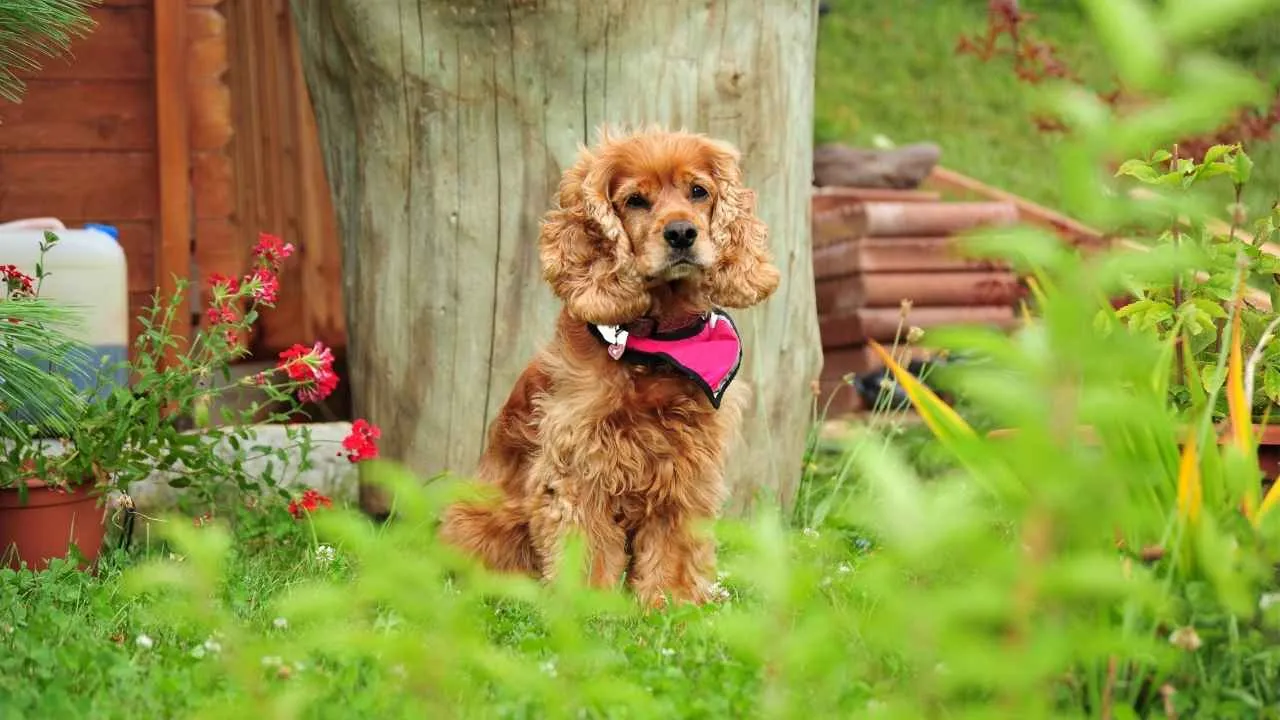
With roots tracing back to 14th-century England, the Cocker Spaniel was bred to hunt woodcock, and that’s how it earned its name.
Compact yet powerful, this charming breed combines agility with an almost artistic elegance in the field. Its feathery ears and soulful eyes might deceive you—beneath that beauty beats a hunter’s heart.
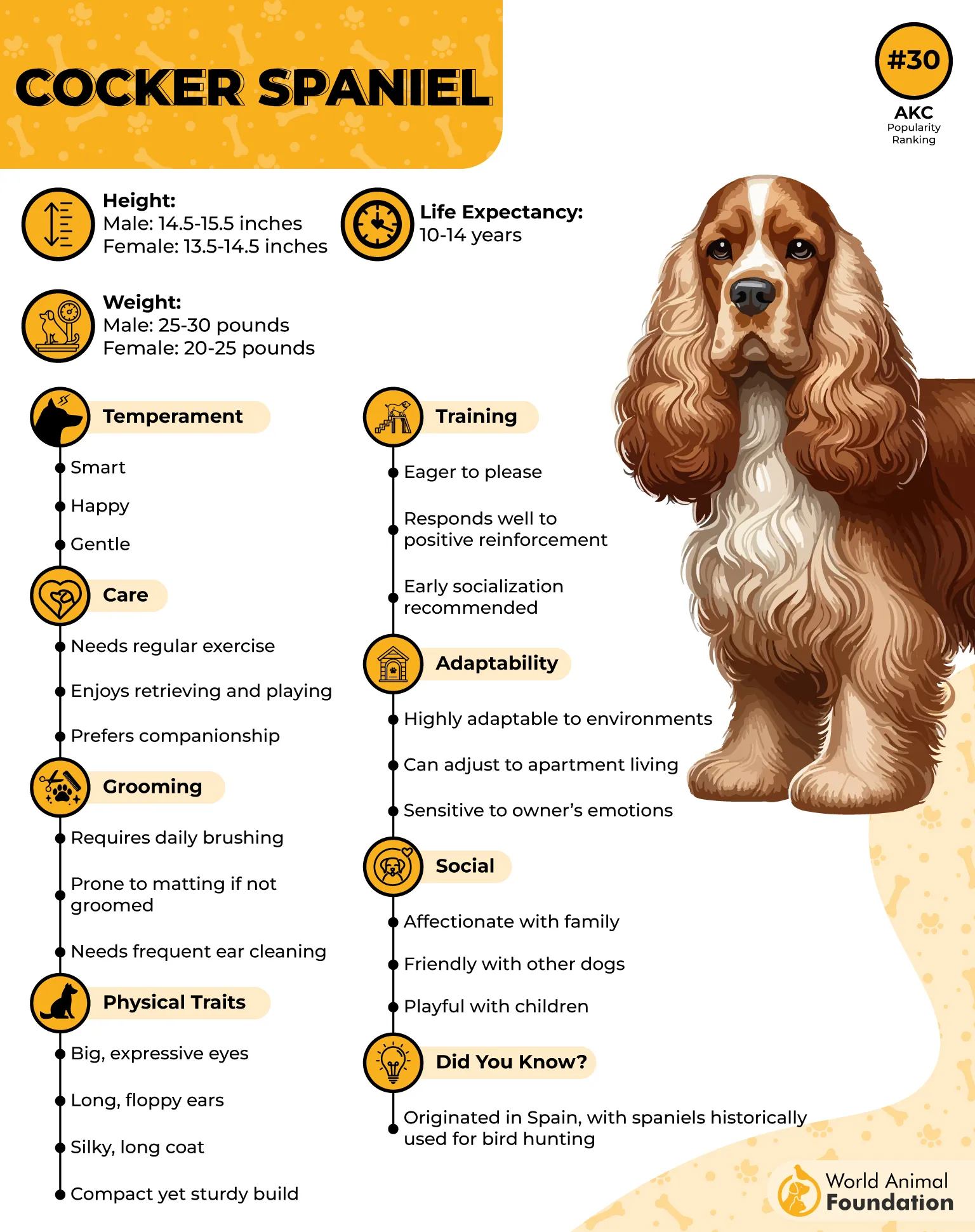
Gentle and affectionate at home, Cockers turn laser-focused in the field. They are sensitive to tone, responding best to encouragement rather than pressure. Their cheerful personality and eagerness to please make them both family darlings and reliable hunting partners.
Hunting Strengths:
Excellent flushing instincts for small birds
Skilled retrievers with a soft mouth
Great adaptability to different terrains
Sharp hearing and scent perception
Training a Cocker requires consistency, kindness, and reward-based repetition. Introduce scent trails and short retrieves early—they learn best through gentle play and repetition.
Best suited for hunters seeking a combination of elegance and efficiency, the Cocker Spaniel excels in upland bird hunting and turns every outing into a graceful performance.
5. American Foxhound
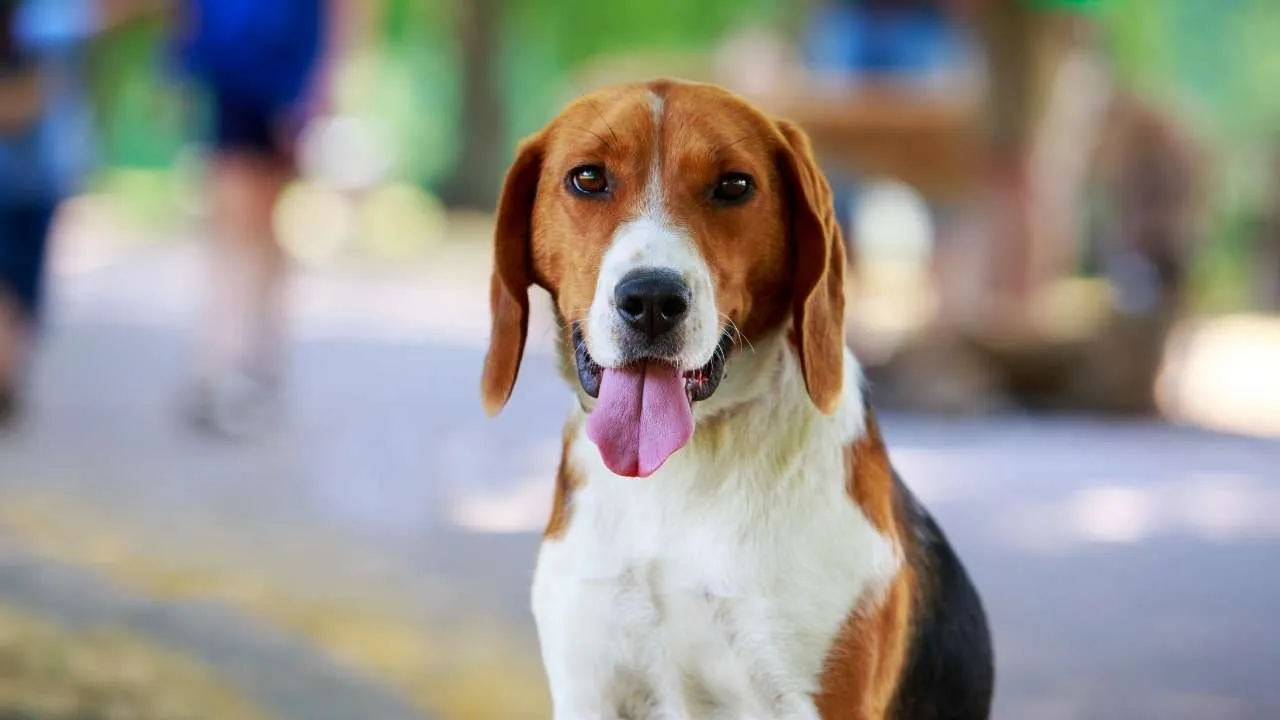
This all-American athlete was bred from English Foxhounds and refined by early colonists for endurance and melody on the trail. Known for its sweet-tempered nature and tireless pursuit, the American Foxhound is as much music to the ears as motion to the eyes when chasing game.
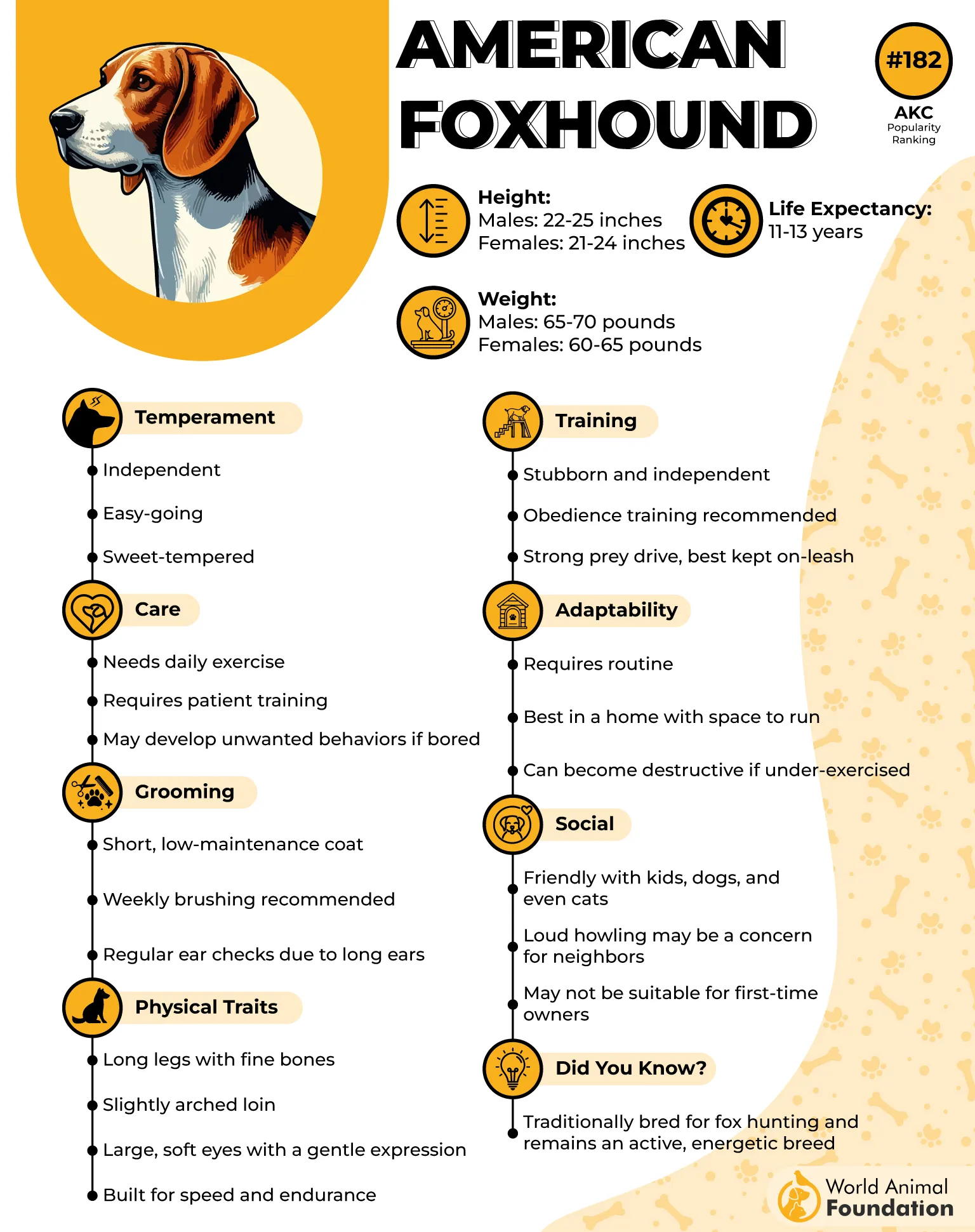
Calm yet determined, this breed lives for the chase but rests like a dream off the field. They form strong bonds with handlers but maintain an independent streak, ideal for hunters who value a self-directed partner.
Hunting Strengths:
Unmatched stamina for long pursuits
Distinct, melodious bay for tracking
Sharp scenting instincts
Swift and enduring gait for covering distance
Training an American Foxhound should emphasize recall, tracking courses, and endurance work. Patience pays off—they’re thinkers as much as runners.
Best for hunting small to medium game like rabbits or foxes, the American Foxhound transforms the outdoors into a symphony of movement and instinct.
6. Jack Russell Terrier
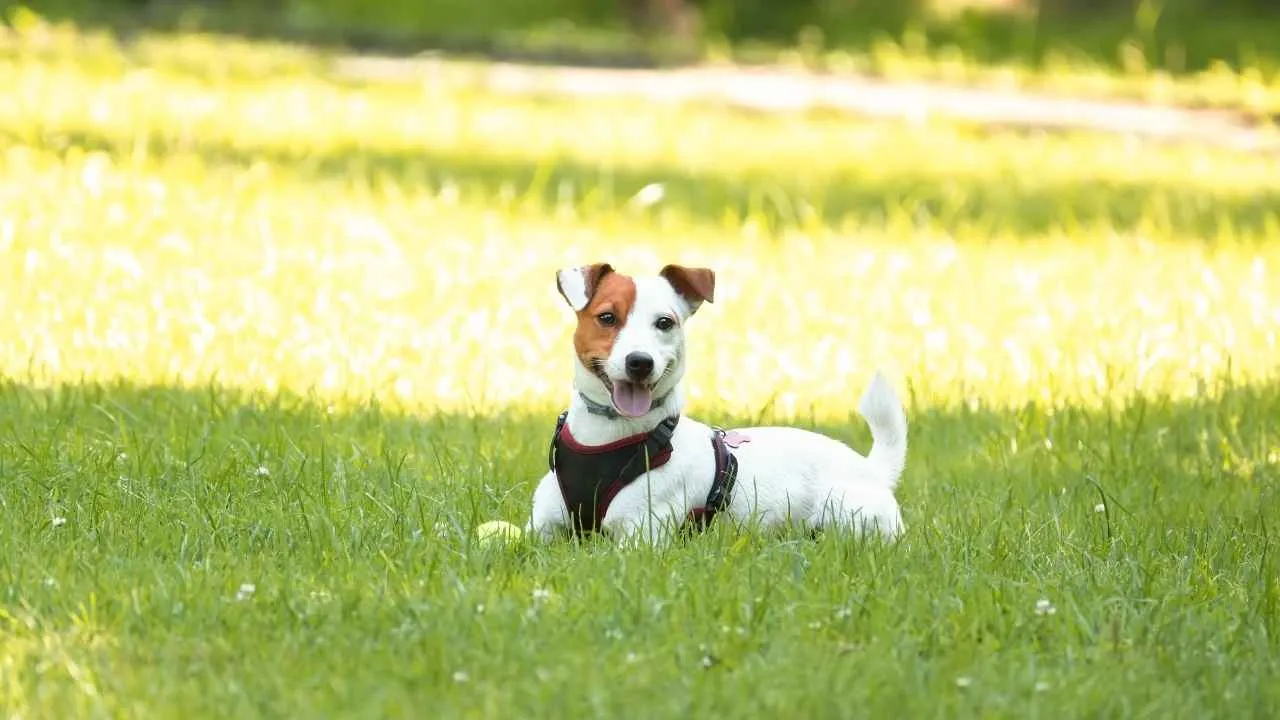
Bred in 19th-century England to chase foxes from burrows, the Jack Russell Terrier is dynamite in a small package. Fast, fiery, and fearless, this breed’s energy could power a whole hunting camp. Its compact frame and unstoppable determination make it a legend in small game pursuits.
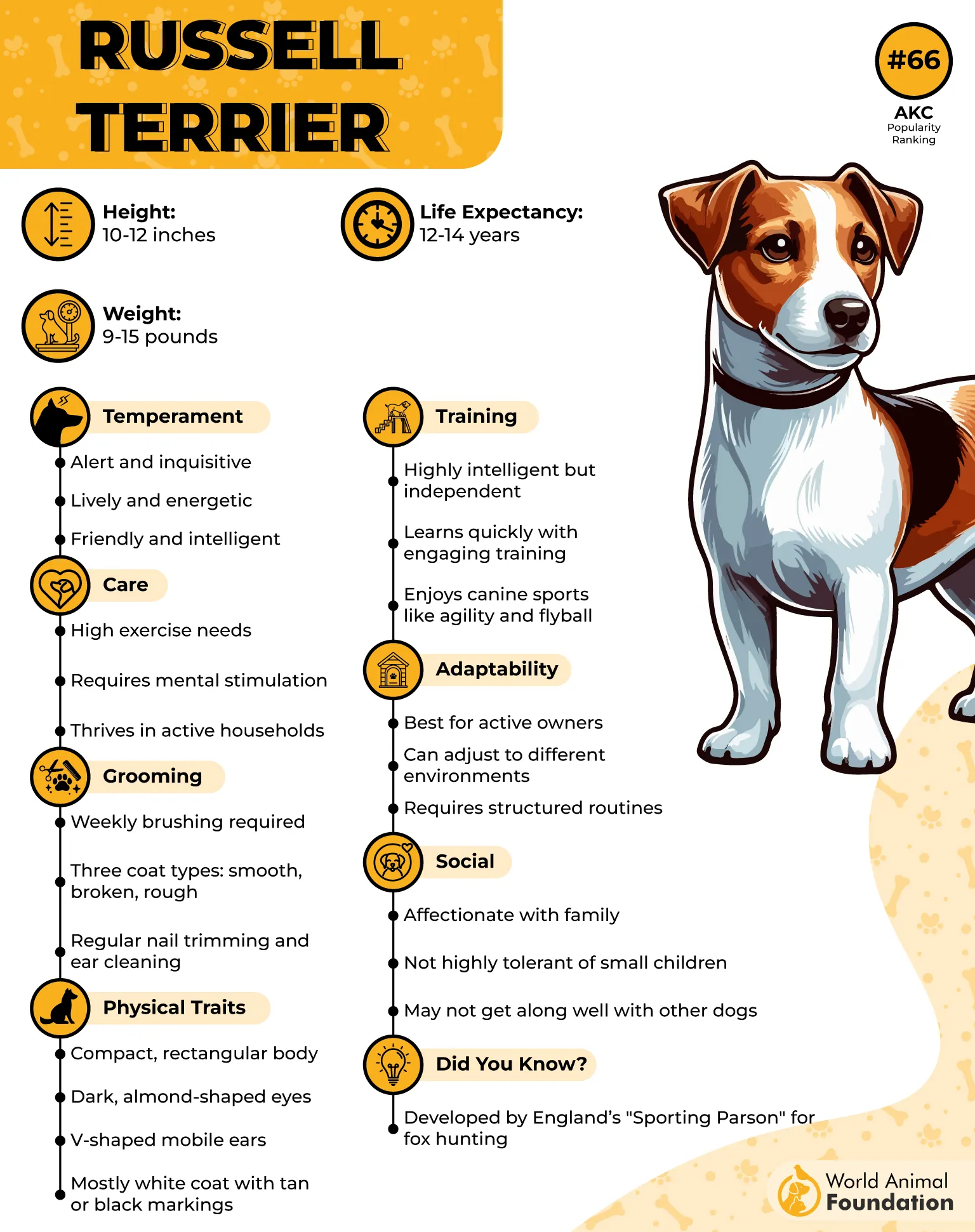
Jack Russells are mischievous geniuses—bright, bold, and bursting with personality. They love mental stimulation and thrive when they have a job to do. Their humor and spunk keep hunters on their toes in the best way possible.
Hunting Strengths:
Remarkable digging and burrow-chasing instincts
Lightning reaction time
Intense focus and stamina
Confident, fearless nature
Training a Jack Russell requires creativity—think puzzles, agility drills, and scent games. Keep it fun and challenging; monotony is their only enemy.
Perfect for small game like rats, rabbits, and squirrels, this breed’s enthusiasm turns every hunt into a high-energy adventure worthy of applause.
7. Dachshund
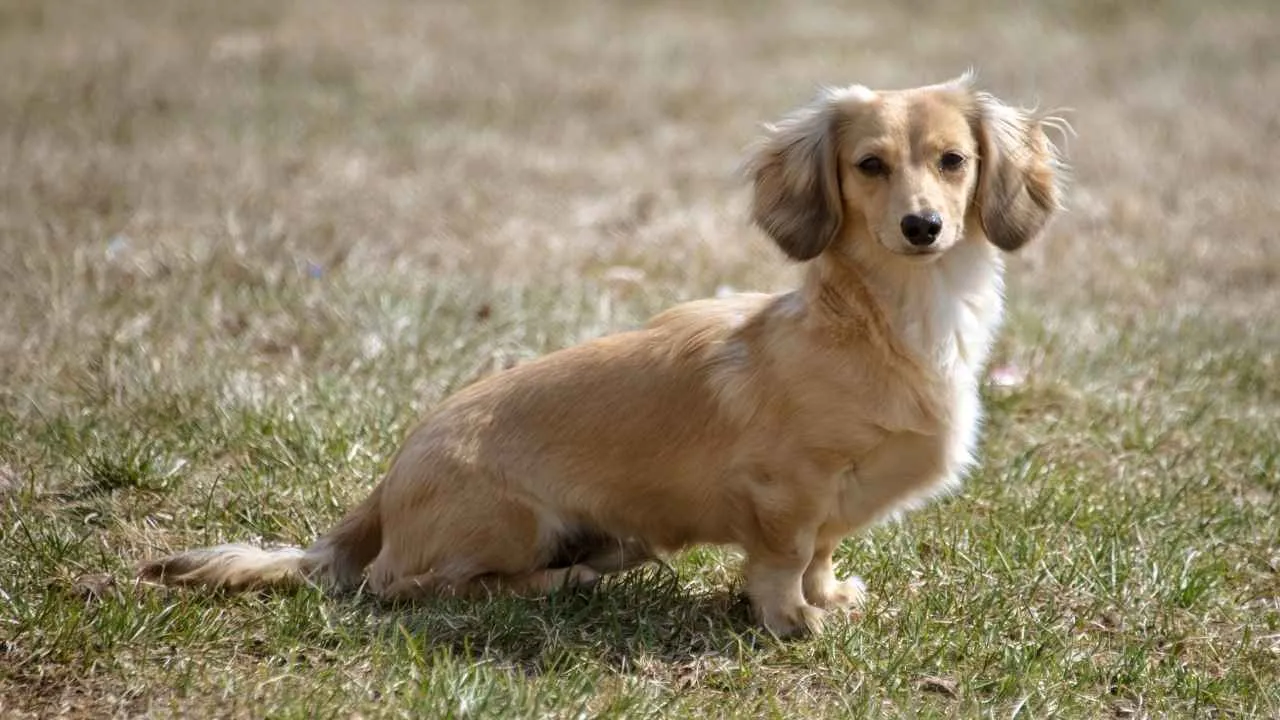
Originally from Germany, the Dachshund was crafted for tunneling after badgers—their name literally means “badger dog.” With their elongated bodies and bold spirits, they’re hunters disguised as comedians, bringing both charm and determination to the field.
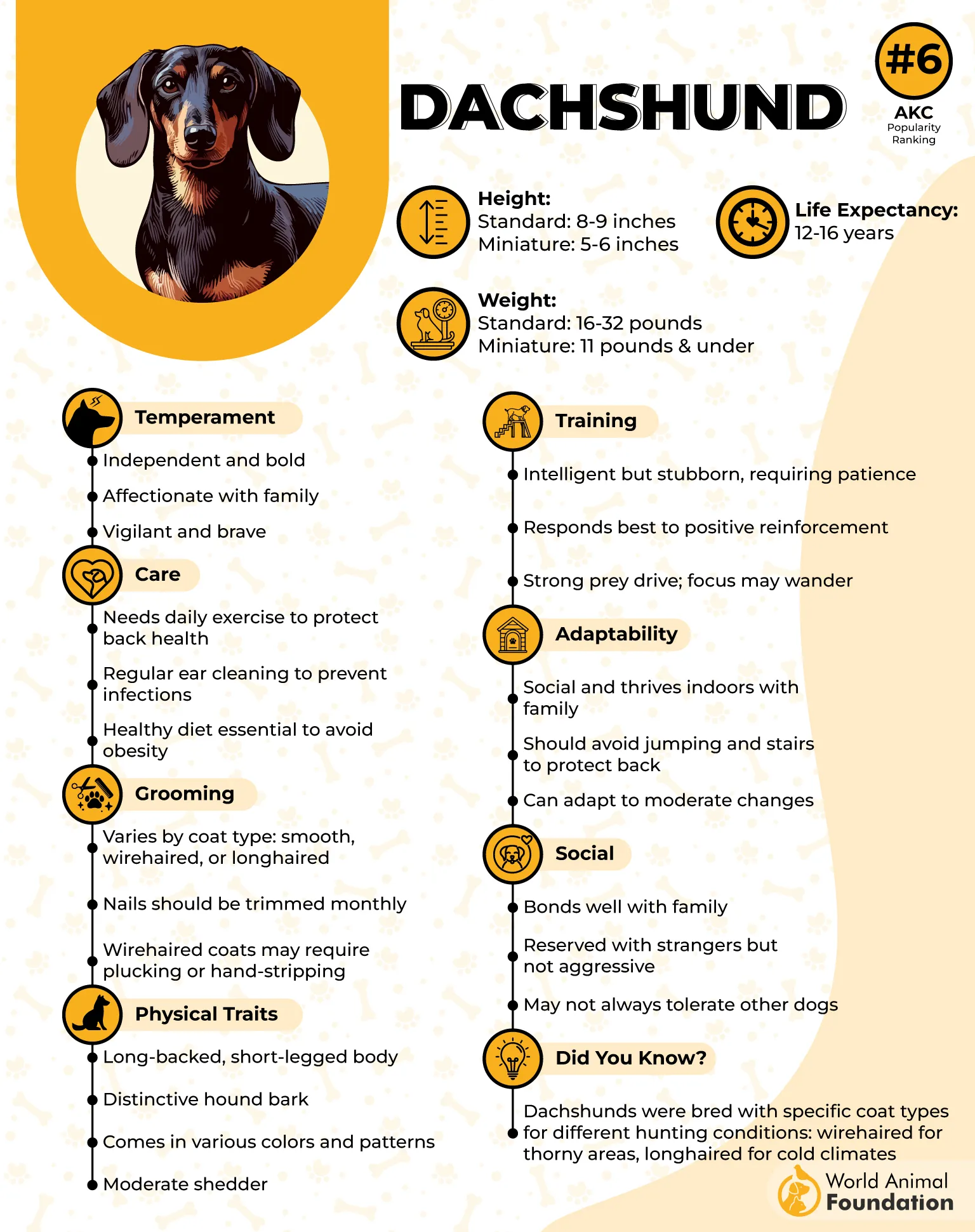
Playful and loyal, Dachshunds are affectionate companions that switch to fierce hunters when duty calls. Their curiosity and confidence make them surprisingly fearless underground and above.
Hunting Strengths:
Exceptional burrowing and tracking instincts
Courage to take on animals larger than themselves
Compact size ideal for tight spaces
Sharp sense of smell and persistence
Training works best through patience and variety. Mix obedience drills with scent trails to satisfy their intelligence and tenacity. They respond best to kind firmness and plenty of praise.
Best for hunters seeking small, bold partners, Dachshunds excel in pursuing rabbits and tunneling game, proving that courage truly does come in small packages.
Conclusion
Small hunting dog breeds prove that big talent comes in compact form. Their natural hunting instincts and keen sense make them masters at flushing birds and retrieving upland game birds.
Beyond small game, many hunting dog breeds—like the Labrador Retriever, Chesapeake Bay Retriever, and German Shorthaired Pointer—excel at duck and goose hunting, upland hunting, and long hunts across rough terrain.
For dog owners wanting friendly dogs that thrive in both family life and hunting environments, spaniel breeds and other retrieving breeds are ideal. Choose the particular breed that fits your goals and start your next hunting season strong.


